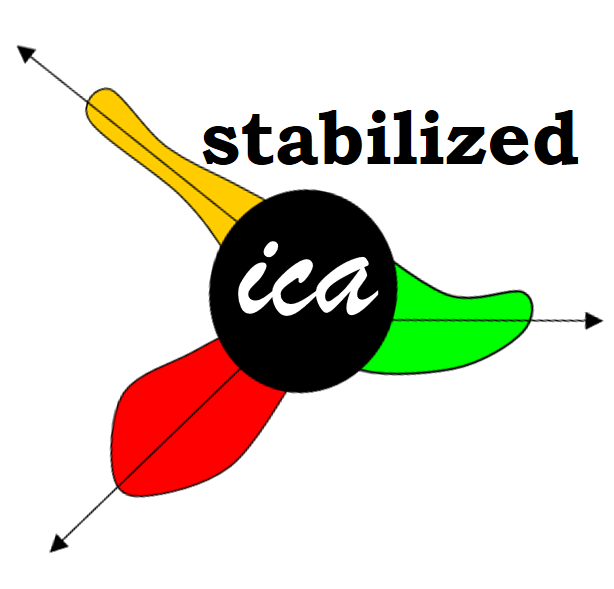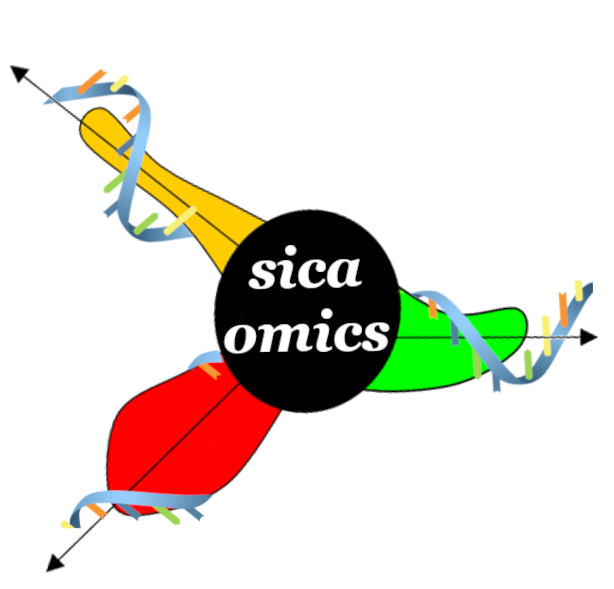Sitemap
A list of all the posts and pages found on the site. For you robots out there is an XML version available for digesting as well.
Pages
Posts
Future Blog Post
Published:
This post will show up by default. To disable scheduling of future posts, edit config.yml and set future: false.
Blog Post number 4
Published:
This is a sample blog post. Lorem ipsum I can’t remember the rest of lorem ipsum and don’t have an internet connection right now. Testing testing testing this blog post. Blog posts are cool.
Blog Post number 3
Published:
This is a sample blog post. Lorem ipsum I can’t remember the rest of lorem ipsum and don’t have an internet connection right now. Testing testing testing this blog post. Blog posts are cool.
Blog Post number 2
Published:
This is a sample blog post. Lorem ipsum I can’t remember the rest of lorem ipsum and don’t have an internet connection right now. Testing testing testing this blog post. Blog posts are cool.
Blog Post number 1
Published:
This is a sample blog post. Lorem ipsum I can’t remember the rest of lorem ipsum and don’t have an internet connection right now. Testing testing testing this blog post. Blog posts are cool.
portfolio
publications
BIODICA: a computational environment for Independent Component Analysis of omics data Permalink
Published in Bioinformatics, 2022
This paper presents BIODICA, a computational environment for the application of Independent Component Anlysis to omics data.
Recommended citation: Captier N, Merlevede J, Molkenov A, Seisenova A, Zhubanchaliyev A, Nazarov PV, Barillot E, Kairov U, Zinovyev A. BIODICA: a computational environment for Independent Component Analysis of omics data. Bioinformatics. 2022.
Promising Candidate Prognostic Biomarkers in [18F]FDG PET Images: Evaluation in Independent Cohorts of Non–Small Cell Lung Cancer Patients Permalink
Published in Journal of Nuclear Medicine, 2024
This paper presents an independent evaluation of two new imaging biomarkers for Positron Emission Tomography (PET), related to the distance between the tumor hotspot of the radiotracer uptake and its centroid or surface.
Recommended citation: Hovhannisyan-Baghdasarian N, Luporsi M, Captier N, Nioche C, Cuplov V, Woff E, Hegarat N, Livartowski A, Girard N, Buvat I, Orlhac F. Promising Candidate Prognostic Biomarkers in [18F]FDG PET Images: Evaluation in Independent Cohorts of Non-Small Cell Lung Cancer Patients. J Nucl Med. 2024.
RadShap: An Explanation Tool for Highlighting the Contributions of Multiple Regions of Interest to the Prediction of Radiomic Models Permalink
Published in Journal of Nuclear Medicine, 2024
This paper presents RadShap, a model- and modality-agnostic tool, based on Shapley values, that explains the predictions of multiregion radiomic models by highlighting the contribution of each individual region.
Recommended citation: Captier N, Orlhac F, Hovhannisyan-Baghdasarian N, Luporsi M, Girard N, Buvat I. RadShap: An Explanation Tool for Highlighting the Contributions of Multiple Regions of Interest to the Prediction of Radiomic Models. J Nucl Med. 2024.
Similar performance of 8 machine learning models on 71 censored medical datasets: a case for simplicity Permalink
2024
This paper presents the conclusions of an extensive benchmark of machine learning pipelines (i.e, learning algorithm, feature selection strategy, hyperparameter tuning) to predict survival outcomes in medical datasets.
Recommended citation: Rebaud L, Capobianco N, Captier N, Escobar T, Spottiswoode B, Buvat I. Similar performance of 8 machine learning models on 71 censored medical datasets: a case for simplicity. medRxiv. 2024.
Integration of clinical, pathological, radiological, and transcriptomic data improves prediction for first-line immunotherapy outcome in metastatic non-small cell lung cancer Permalink
Published in Nature Communications, 2025
This paper presents the conclusions of our extensive benchmark of multimodal machine learning approaches to predict immunotherapy outcome in non-small cell lung cancer (NSCLC). This analysis was performed on an original cohort of metastatic NSCLC patients treated with first line immunotherapy, gathering data modalities such as Positron Emission Tomography scans, bulk RNA transcriptomic data from biopsy tissues, or pathological slides.
Recommended citation: Captier, N., Lerousseau, M., Orlhac, F. et al. Integration of clinical, pathological, radiological, and transcriptomic data improves prediction for first-line immunotherapy outcome in metastatic non-small cell lung cancer. Nat Commun 16, 614 (2025).
software
stabilized-ica Permalink
Python package which provides a stabilized algorithm for Independent Component Analysis (ICA). 
deep-multipit Permalink
Multimodal PyTorch models with attention mechanism for the prediction of immunotherapy response in non-small cell lung cancer
multipit Permalink
Python code for multimdoal machine learning strategies (early and late fusion) for classification and survival tasks.
sica-omics Permalink
Python toolbox to complement stabilized-ica and apply ICA to omics data. 
radshap Permalink
Python package for highlighting the contribution of different regions of interest (ROIs) to the predictions of multiregion models with Shapley values. 
talks
Multimodal and integrative analysis of genomics, radiomics and clinical data for the prediction of response to immunotherapy in lung cancer Permalink
Published:
Machine learning for integrating imaging, anatomo-pathological and omics data in cancer immunotherapy Permalink
Published:
teaching
Machine Learning with Orange Permalink
Training School Radiomics and AI in Molecular Imaging, Medical University Vienna, 2021
Download Download Slides
</p>